Our projects
MAW delivers a range of programs aimed at promoting environmental sustainability, advancing agricultural practices, and improving watershed health across Manitoba. From supporting farmers in implementing climate-friendly practices to advancing environmental education programming, these initiatives are designed to foster resilience, enhance biodiversity, and ensure long-term ecological and economic benefits for local communities.
Explore our current projects and initiatives:
PWCP
Aliquam bibendum, turpis eu mattis iaculis, ex lorem mollis sem, ut sollicitudin risus orci quis tellus. Donec eget risus diam.
-
Description text goes here
-
Description text goes here
-
Description text goes here
-
Item description
Partners & Supporters
Living Lab - Manitoba
The Living Laboratories Initiative introduces a collaborative approach to agricultural innovation in Canada. It unites farmers, scientists, and other stakeholders to co-develop and test new practices and technologies aimed at tackling agri-environmental challenges, such as mitigating climate change, protecting soil and water quality, and enhancing biodiversity in agricultural landscapes.
OR
The Living Laboratories Initiative is a program where farmers, scientists, and others stakeholders work together to create and test new ideas that help tackle environmental challenges in farming. These ideas focus on things like mitigating climate change, keeping soil and water healthy, and supporting biodiversity in agricultural landscapes.
-
Launched in 2022, the $185-million Agricultural Climate Solutions - Living Labs (ACS-LL) program aims to create a nationwide network of 14 Living Labs, including Living Lab - Manitoba. Over 10 years, ACS-LL will gather data to help Agriculture and Agri-Food Canada (AAFC) offer farmers region-specific management practices. The program focuses on carbon sequestration, reducing greenhouse gas emissions, and co-developing additional environmental benefits.
-
Living Lab – Manitoba is a five-year, research-driven initiative that partners with local farmers to create practical solutions for minimizing agriculture's environmental impact. Collaborating with Manitoba’s 14 watershed districts, Indigenous groups, and various organizations, the program aims to cut greenhouse gas emissions, boost carbon sequestration, and improve water management through better land practices. Funded by Agriculture & Agri-Food Canada, LL-MB will shape innovative farming techniques and guide future agricultural policy.
-
Research across Manitoba’s watershed districts will be conducted on farms by local industry groups, academic institutions, and led by an AAFC research team. Key research themes include:
Carbon Sequestration with Natural Infrastructure:
Prairie wetlands, riparian zones, and managed buffers as carbon hotspots
Maximizing GHG sequestration in pastures and restored grasslands
Agroforestry’s potential for carbon sequestration, crop yield, and field health
Increased Soil Organic Matter for Improved Outcomes:
Carbon sequestration in diverse cropping systems
Integration of annual crops and livestock
Reducing Greenhouse Gas Emissions:
Nitrous oxide reduction through better nitrogen management
Nitrogen-fixing rotations, intercrops, and cover crops
Practices for a circular nutrient economy, including crop, livestock, and waste stream integration
Examining nutrient recuperation and GHG emissions from tile drains and retention ponds
Mitigating nutrient leaching and supporting rhizosphere microbiome health
Soil Carbon Distribution and Conservation:
Modeling and targeting conservation efforts for improved regional net carbon balance and restoration of natural features.
-
Beneficial management practices (BMPs) developed through the LL-MB project will enhance the sustainability of Canadian agriculture. These practices offer significant environmental and economic benefits, including:
Reduced greenhouse gas emissions
Increased carbon sequestration
Improved watershed health
Lower operating costs for producers
Adopting BMPs also positions producers to be more competitive in a changing market, where consumers are increasingly concerned about the origin, production methods, and environmental impact of their food.
Partners & Researchers
MANITOBA WATERSHEDS CONFERENCE
Phasellus sodales massa malesuada tellus fringilla, nec bibendum tellus blandit. Quisque congue porttitor ullamcorper.
THE MANITOBA ENVIROTHON
Mauris egestas at nibh nec finibus. Fusce at massa nec sapien auctor gravida in in tellus.
LAKE WINNIPEG BASIN PROGRAM
Phasellus sodales massa malesuada tellus fringilla, nec bibendum tellus blandit. Quisque congue porttitor ullamcorper.














